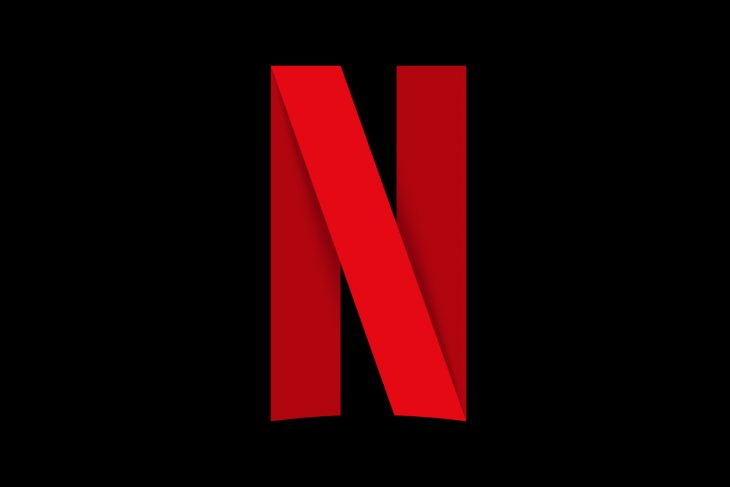
OTTAWA – Canadian Heritage took “positive” action to boost both official language communities when it agreed to a 2017 investment by Netflix that committed $500 million over five years in the country, which is all the law requires to fulfil its mandate, it said in new court documents.
Netflix has since said it has already spent more than $500 million in Canada, beating the five-year goal.
“The text of subsection 41 (2) provides a general obligation to take ‘positive’ action,” Heritage said in its defence. “It is an obligation to do something and not an obligation of precise result.” The department said lawmakers wanted to give the minister “all the latitude necessary” to implement their responsibilities, so it didn’t saddle the minister with specific obligations in the law.
The argument, filed last week, is central to the department’s defence against a lawsuit filed by former NDP MP Francois Choquette (above), who said Heritage violated the Official Languages Act by not ensuring Netflix would spend an equal amount on Francophone content as it intended on English Canada. Choquette, who first filed the suit while still an MP, is now pursuing the case as a private citizen and is requesting that the court force a renegotiation of the terms.
Choquette said he has presented a case that paints the Netflix deal as one that short-changed French Canada — by not making clear an appropriate balance of funds for French Canadians. He said the agreement’s details, which include an additional $25 million for “market development activities” in Quebec, don’t represent an equal treatment with English development funds. This is despite Netflix later clarifying that the $500 million will go to both English and French markets — and the $25 million is an additional funding measure for the minority market.
The problem with the lawsuit, Heritage notes, is two-fold: the details of the Netflix investment is bound by strict confidentiality under the Investment Canada Act that only Netflix can disclose, and that the investment has been publicly mischaracterized as an “agreement’ rather than simply an investment intention by the streaming platform approved by the department.
“There were no mutual commitments or signatures of the parties to an agreement,” Heritage said in the filing, adding the only public information was in the press release which “incorrectly refers to an ‘agreement’ and that the press release actually refers to the ministerial determination to allow the investment of Netflix.”
Therefore, there is no way the court can order a renegotiation of an agreement that never existed and wouldn’t be able to anyway because Heritage claims that none of the exceptional circumstances that would reveal the details of the deal apply here and the defendant allegedly hasn’t requested that the court do so anyway.
“The applicant cannot therefore have recognized, under subsection 41 (2), an obligation for Canadian Heritage to require a language clause for the benefit of [official languages] when examining the investment by Netflix,” the documents read.
Heritage also said that it could not disclose the investment review of Netflix’s commitment because that would reveal too much about the investment. The ICA allows for these confidentiality agreements to encourage investors to share information with the government.
The cornerstone piece of then-Heritage Minister Melanie Joly’s 2017 Creative Canada strategy rested on Netflix’s financial commitment to the country, which was viewed by some critics as a cop out that could not stand in place of further regulating entities like it. The investment was publicly touted as an agreement between the government and a giant streaming platform.
But Heritage argues that the case is moot anyway because by taking measures aimed at the “equality of status” of both official languages, “the obligation is met.”
The department has also outlined several ways it has benefitted Canada, including its five-year Official Languages Action Plan, collaborations with federal cultural institutions to strengthen Francophone language communities, and financial contributions to cultural funds such as TV5 and TV5 Monde Plus.


